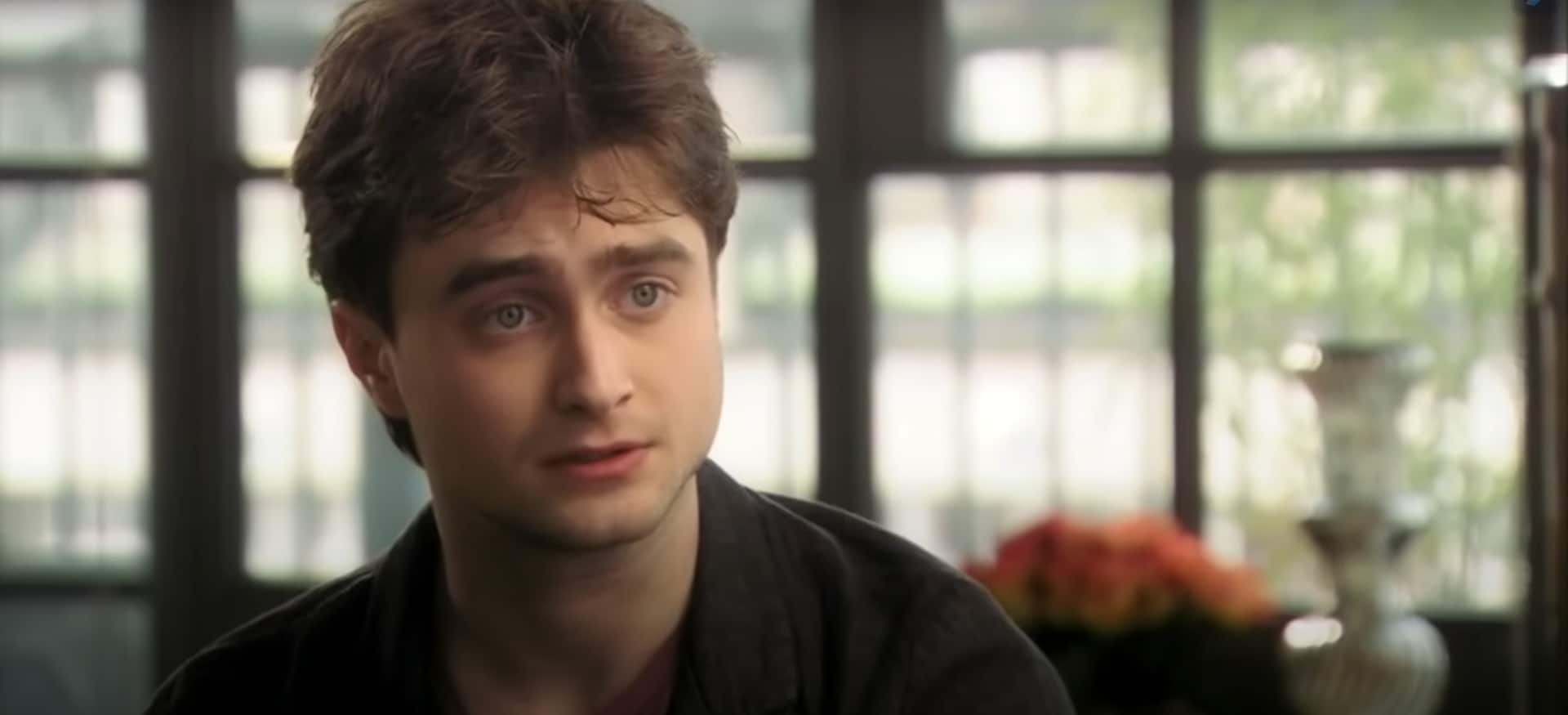Having difficulties falling asleep? You are in for a treat. A fitness guru went viral on TikTok after presenting a military sleep method that allows you to fall asleep in just two minutes. Justin Agustin, who has 1.9 million TikTok followers, reveals that the military sleep method was developed by army authorities to help soldiers fall asleep quickly, regardless of their surroundings.

Do you find yourself tossing and turning in bed for hours, despite turning off the lights and putting your phone away? If this is the case, you may be experiencing difficulty sleeping. While this isn’t necessarily cause for concern, persistent difficulties falling asleep may indicate an underlying health issue. It is best to get medical attention if you detect a problem.
Unlock Better Sleep
If you’re having difficulties sleeping but it’s not a long-term issue, there are a few simple things you can do to help you sleep better sooner. One popular trick is a strategy for falling asleep in two minutes! Millions of people have watched an online video that explains this strategy. It is based on a method created by the US Army, originally for fighter pilots and soldiers in combat scenarios who must be able to sleep quickly, even in noisy or stressful circumstances such as battlefields. However, keep in mind that it may take up to six weeks of practice before you notice the real effects of this strategy.
The Two-Minute Military Sleep Method
In his video, Justin explains that this method was developed in the military to allow soldiers to sleep regardless of location or circumstances, even in the turmoil of a battlefield when comfort is rare and noise is abundant, underlining the crucial importance of sleep for the military. According to his studies, this strategy was developed particularly for fighter pilots who rely on peak reflexes and attention, both of which suffer greatly from sleep deprivation.”
How to do it?

To use the military sleep method, start by releasing tension in your forehead, then your cheeks and jaw. Concentrate on regulating your breath so that it becomes steady and tranquil. Allow your arms to completely relax, and lower your shoulders to relieve tension. Imagine a soothing warmth radiating from your head to your fingers. Inhale deeply and exhale slowly to completely relax your chest and stomach.
Relax Yourself
Imagine yourself relaxing in a peaceful canoe on a calm lake beneath a clear blue sky, or lying in a sumptuous black velvet hammock in a darkened room. If your thoughts start to stray, quietly repeat the phrase “Don’t think, don’t think, don’t think” for ten seconds. Commit to practicing this strategy every night for six weeks.
Finding Peace Amidst Worries
In the meantime, you should free your thoughts of any worries. Imagine yourself lying in a placid canoe, softly floating on a serene lake beneath a clear blue sky, or tucked securely in a soft, velvety hammock within the peaceful confines of a dark room. If your thoughts start to drift, gently remind yourself not to dwell on them for more than ten seconds. Agustin encourages his followers to keep him updated on their progress, and they have certainly risen to the occasion. One follower mentioned that they came from the military and acquired this approach.
Comparing Sleep Techniques

One person believes that this military sleep method is more similar to Progressive Muscle Relaxation, a technique pioneered by an American physician in 1908. Rapidly falling asleep appeals to many people, especially those who are used to having difficulty sleeping. This notion is especially true when time is limited and the goal is to maximize the available hours for rest.
Progressive Muscle Relaxation vs. Rapid Sleep Induction
Remember that constant practice is crucial. Although the Military Method may not immediately speed up your journey to sleep, with consistent practice, you will gradually improve your capacity to relax and release tension. Finally, whether or not you make a conscious effort to sleep faster, relaxation is the gateway to slumber for everyone. So, why not start this procedure sooner rather than later?


